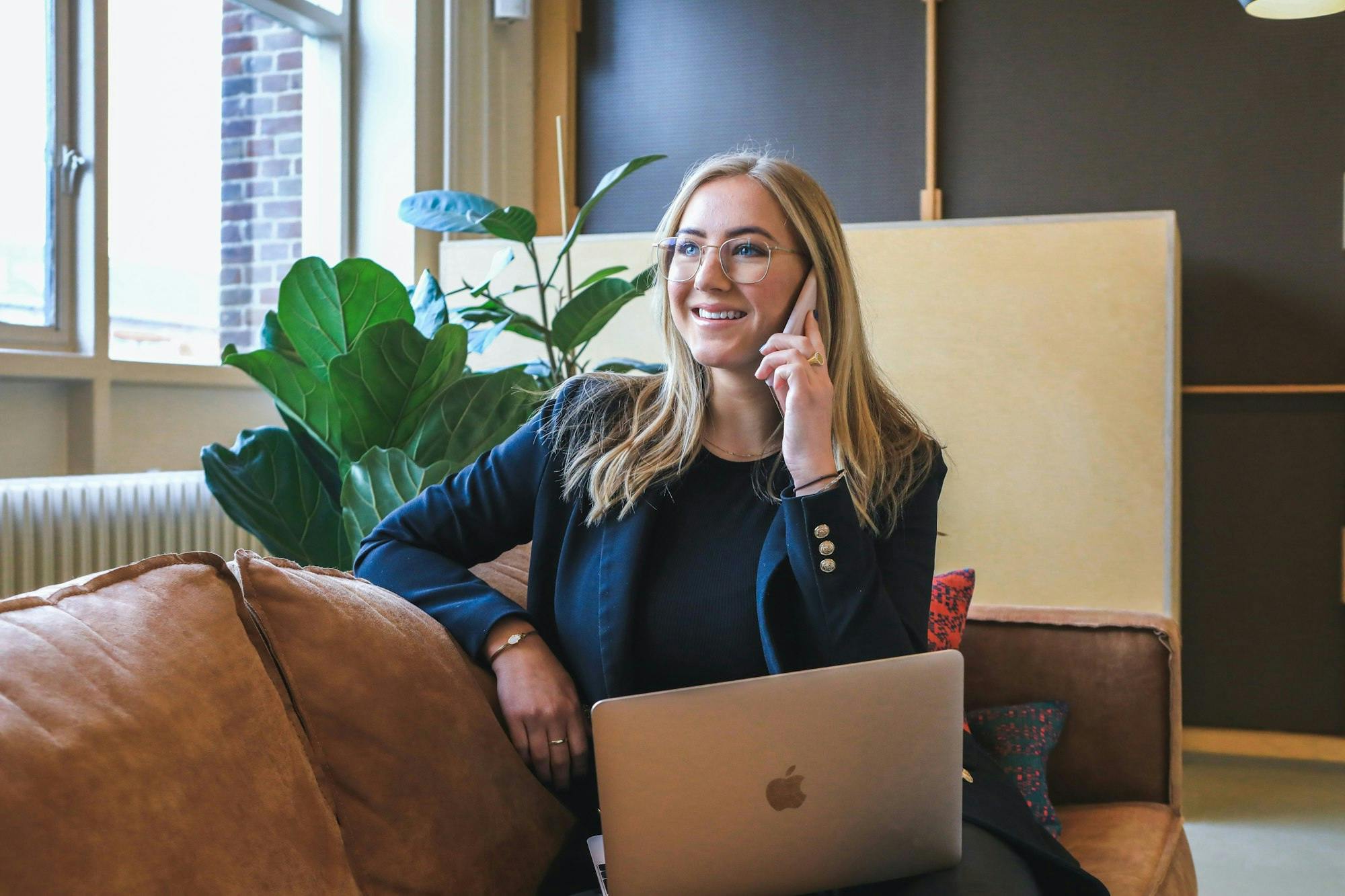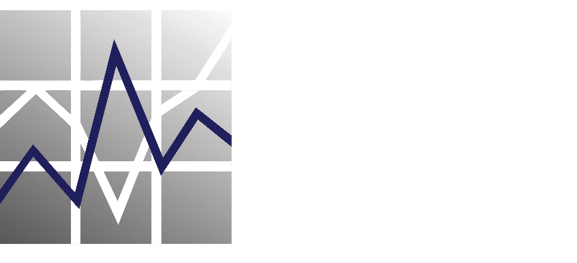
Telephone Interviews – Advantages and Disadvantages
Custom research typically employs extensive or targeted primary research to go beyond what can be uncovered through secondary research. In-depth interviews are the most versatile form of primary research, and are appropriate when targeting detailed perceptions, opinions, and attitudes. In-depth interviews are particularly effective when the goal is to capture sensitive feedback. These interviews can be conducted in-person or over the telephone to gain deeper insight to specific objectives by probing for quality responses. This offers an advantage over self-completion methods, such as surveys, because the respondent is more likely to give their full attention and the interviewer can deduce the quality of each response.
In our previous blog we reviewed the advantages and disadvantages of face-to-face (F2F) interviews, and why they are a great tool in exploring critical topics more deeply than traditional surveys. F2F interviews are a good way to deepen the understanding of a market, but telephone interviews are another useful form of primary research. Similar to F2F interviews, it is important to have a “well-seasoned” telephone interviewer that can adapt with the conversation—as the discussion may not flow exactly in sync with the discussion guide or questionnaire. A good interviewer can tailor the discussion to objectives and sustain more control over the data received. The ability to conduct a complex or even technical interview is the ability to see how the little pieces fit together. An interview does not need to be an expert on the subject. In fact, being an expert and bringing your own bias to the table can hinder the ability to analyze the data objectively. However, an interviewer should do a fair amount of background research to hold an intelligent conversation on the subject matter.
Using telephones to conduct in-depth interviews is a faster, easier way to approach primary research. Telephone is often the preferred method of interviewing in the B2B space, because it takes less time to schedule and conduct than a face-to-face interview. However, just like a face-to-face interview, with a telephone interview, the interviewer can gain a deeper insight to specific answers by treating the questionnaire like a meaningful discussion and deducing the validity of each response.
As opposed to survey methodology conducted over the internet, through mailings, or in focus groups, telephone interviewing gives the interviewer and the respondent the chance to ask questions and inquire about topics and questions just like in F2F interviews but without the extensive time and costs. Telephone interviewing is ideal if the target respondents are spread out over a large geographic scope or if a large number of interviews are required to complete the project objectives.
Telephone interviewing is an in-between methodology serving as the median between F2F interviews and surveys/panels. As a means of collecting primary, qualitative data, telephone interviews are becoming the preferred method as they deliver high quality response with less timing and cost commitments of F2F interview.
Advantages of Telephone interviews
- Are more cost effective and easier to conduct than F2F interviews
- Can deliver similar quality data
- Multiple points of view can be gathered through multiple interviews
- Interviews can be conducted over a wider geographic scope, even globally
- Answers to questions are equally as valid as F2F interviews
Disadvantages to Telephone interviews
- Respondents have to actually answer the call and can hang up at any time
- Behavior and body language cannot be observed
- Interviews tend to be shorter than F2F interviews
- Cannot use any visual aids to assist in the interviewing
As discussed earlier, regardless of interview methodology (F2F or telephone), the most important aspect of in-depth interviewing is accessing the right people. When conducting B2B research, there may not be a directory or panel of target respondents, so potential interviewees may have to be identified through a detailed investigation. The challenge is identifying key decision-makers and accessing them without any pre-existing relationship. Although research firms may complete a number of projects in a common market or industry segment, the same contacts are rarely able to be re-interviewed for a new project, as each custom market research project is typically tailored to client specific needs.

